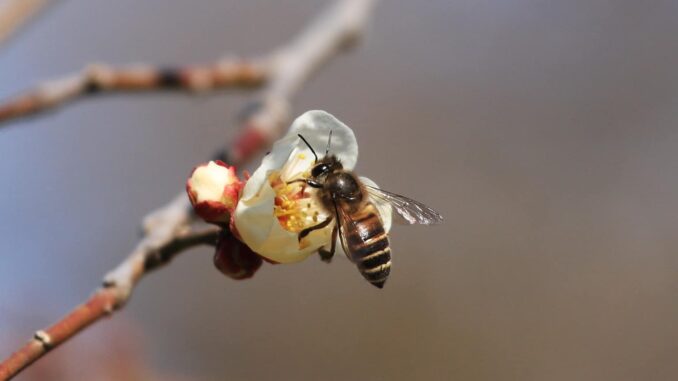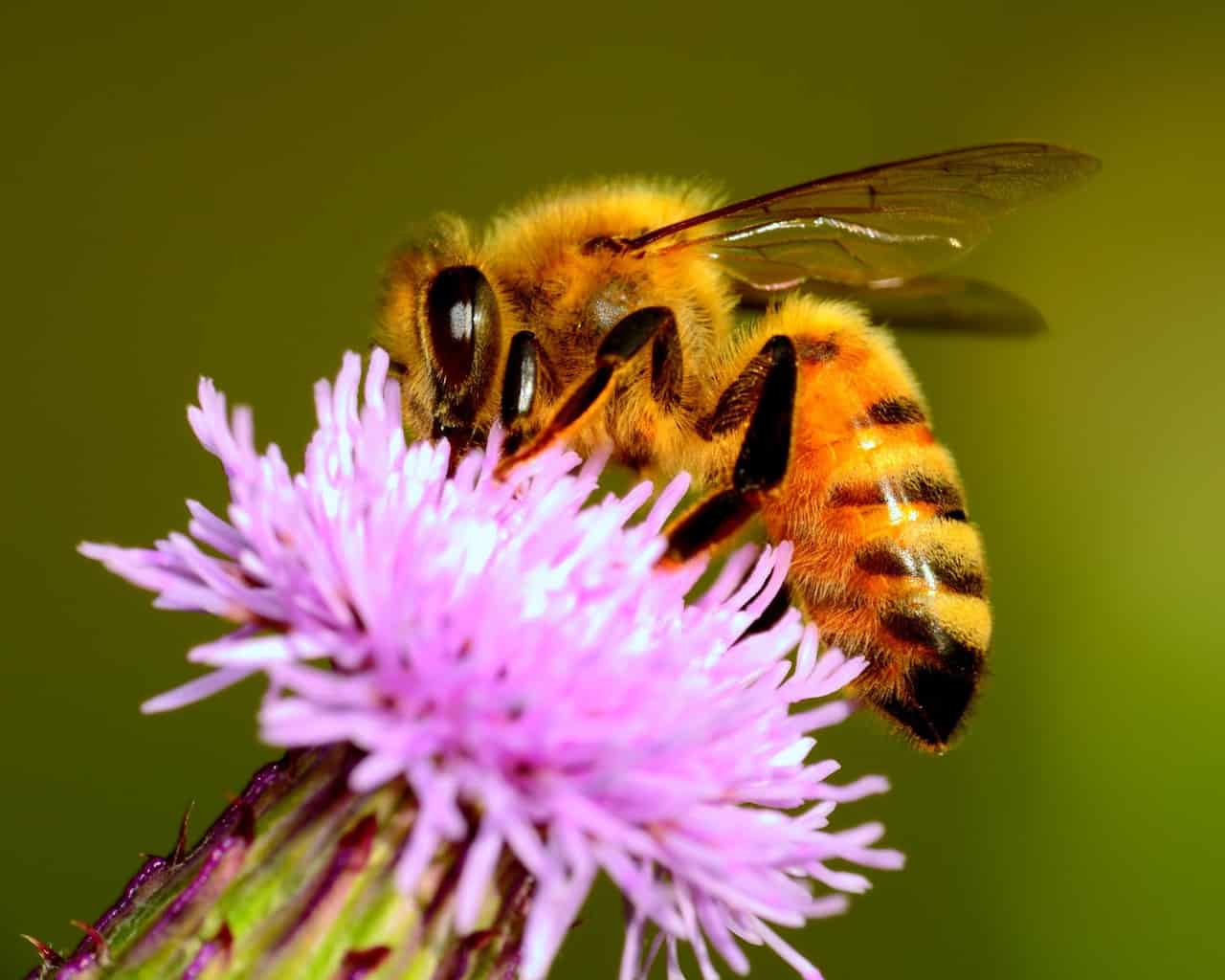
Finally… a real cure for Alzheimer’s?

———-
How scientists are using bee venom to fight Alzheimer’s
Alzheimer’s is characterized by the buildup of plaques in the brain.
Those plaques happen alongside the mental and behavioural symptoms of Alzheimer’s.
Researchers discovered that they could use immunotherapy to reverse these plaques in animals.
That research led to a trial of a vaccine for Alzheimer’s disease in humans.
Unfortunately, the trial had to be stopped because of serious side effects from the vaccine.
Now researchers believe that bee venom could be used to develop a safe Alzheimer’s vaccine.
A bee venom compound prevents the dangerous side effects from the Alzheimer’s vaccine.

The animal research was carried out at the College of Korean Medicine, Kyung Hee University, Seoul, Republic of Korea. The results were reported in Scientific Reports.
It is well established that there is a buildup of proteins in the brain of people suffering with Alzheimer’s.
“Alzheimer’s disease is the most common form of dementia and is characterized by an imbalance between the production and clearance of amyloid-beta and tau proteins.”
Researchers have already developed effective vaccines against these proteins.
“Vaccination against Alzheimer’s plaques results in a dramatic reduction in plaque pathology in experimental mouse models.”
But those vaccines proved to be dangerous in human trials.
They caused very serious inflammation in the brain of some of the participants of the trial.
“The initial clinical trial for this vaccine was halted early due to the development of meningoencephalitis.”
Some researchers noted that a compound found in bee venom had an anti-inflammatory effect that may help with side effects from the Alzheimer’s vaccine.
The researchers wanted to test whether the anti-inflammatory component of bee venom could improve the safety of the vaccine, while maintaining its beneficial effects.
“We aimed to determine whether bee venom phospholipase treatment would ameliorate Alzheimer’s pathology without unwanted inflammation.”
They conducted a number of experiments using mice. These mice were specifically bred for their tendency to rapidly develop Alzheimer’s disease.
The bee venom and vaccine protocol was effective at reducing the Alzheimer’s plaques in the mice.
The bee venom plus vaccine treatment also seemed to improve mental function in the animals, reversing the symptoms of Alzheimer’s.
“The bee venom administration significantly ameliorated cognitive deficits and reduced plaque burdens in the brains of Alzheimer’s mice.”
The combined approach lowered inflammation in the brains of the Alzheimer’s mice, reducing the danger from the vaccine.
The opposite of what happened with the dangerous Alzheimer’s vaccine on its own.
“Administration of bee venom vaccine dramatically eliminated central nervous system inflammation.”
The brain is a very energy hungry organ. It uses far more energy for its weight than any other part of the body.
The brain relies heavily on sugar to supply energy demands.
With Alzheimer’s disease, the brain can lose its ability to use sugar.
The researchers carried out brain scans on the animals, investigating their ability to use sugar.
Animals given the bee venom compound had improved sugar metabolism in the brain.
“Cerebral glucose uptake was considerably higher in the brains of mice that received the bee venom compound.”
The experiments show that this bee venom compound could help deliver a safe and effective treatment for Alzheimer’s disease.
“We have found a new therapeutic approach to attenuate the progression of Alzheimer’s disease without inflammation caused by the Alzheimer’s vaccine.”
The researchers want to do further experiments looking at the safety of bee venom and the Alzheimer vaccine in humans.
“In future, combination therapies targeting the amyloid beta pathway and bee venom mediated immune suppression may ultimately be required.”
You should always consult a healthcare practitioner about treating and diagnosing health-related problems.
———-
Bee venom phospholipase A2 ameliorates Alzheimer’s disease pathology in Aβ vaccination treatment without inducing neuro-inflammation in a 3xTg-AD mouse model
Leave a Reply